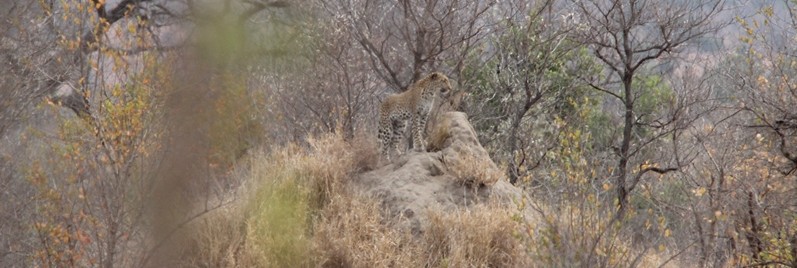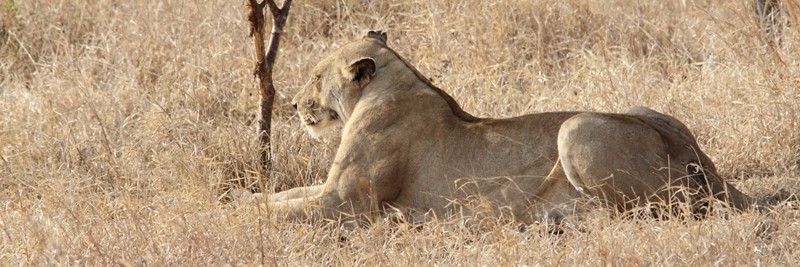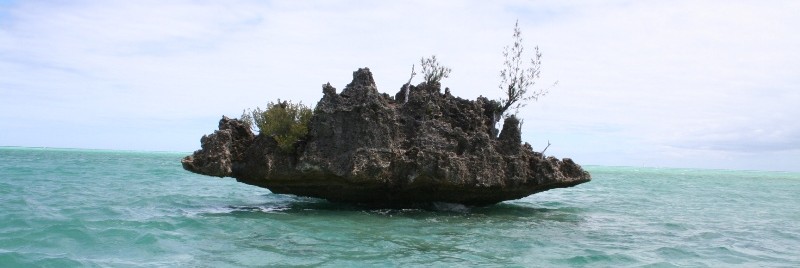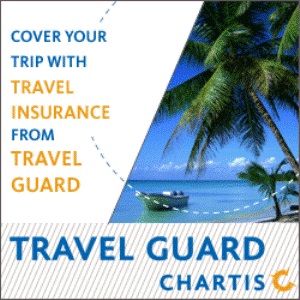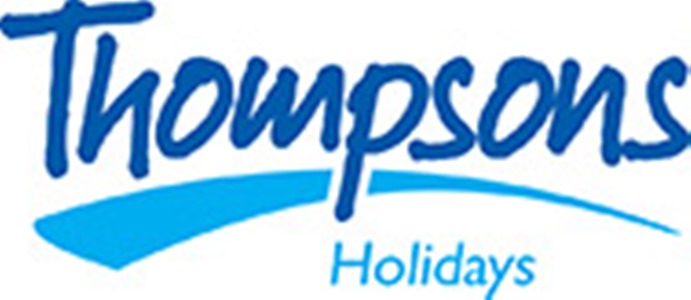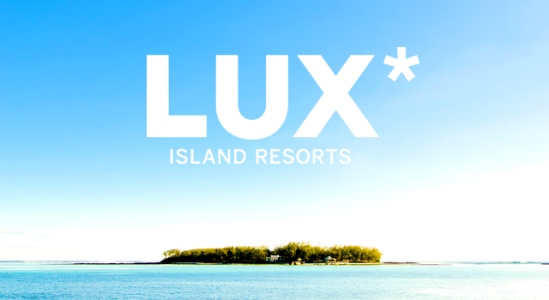General facts of South Africa
The premier adventure tourism destination! South Africa is one of the most diverse and enchanting countries in the world, with exotic combinations of landscapes, people, history and culture - offering a unique and inspiring experience. South Africa is located on the southern tip of the African continent, bordered by northern neighbours Namibia, Botswana, Zimbabwe and Mozambique. It encompasses the independent mountain kingdoms of Lesotho and Swaziland and is flanked by the Atlantic Ocean on the west and the warm Indian Ocean on the east - giving the country its spectacular range of biodiversity.
WHEN IS THE BEST TIME TO VISIT SOUTH AFRICA?
South Africa is a fabulous all year-round destination, so when you visit depends on what you would like to do. The best time for game watching, for instance, is early spring (August to October). The southern right whales can be seen off our coasts from about mid-June to the end of October, and the humpback whales from August to December.
The diving is generally best from April to September, and so is the surfing, but these activities are by no means limited to these periods. Flowers are at their best in August and September. River rafting is better at the end of winter in the Cape; and in summer (late November to February) in KwaZulu-Natal.
In Mpumalanga and Limpopo provinces, activities are not quite as time-dependent but spring and autumn are best for hiking since summer can be very hot. If you want to lounge on the beaches, midsummer is the best time to do so, though bear in mind that everyone else will be there too. The beaches of KwaZulu-Natal are warm and sunny, even in midwinter.
South Africa is served by more than 70 international airlines and Europe, North and South America, Asia, Australia and New Zealand are never more than a flight away.The direct flights between the USA and Johannesburg or Cape Town are about 15 hours, and flights between London and Johannesburg take about 12 hours.
WEATHER OVERVIEW
Its position just south of the Tropic of Capricorn makes South Africa a mostly dry and sunny place but the climate is moderated by its topography and the surrounding oceans. Basically, the farther east you go, the more handy your rain-gear becomes, but there are also damp pockets in the south-west, particularly around Cape Town. The coast north from the Cape becomes progressively drier and hotter, culminating in the desert region just south of Namibia. Along the south coast the weather is temperate, but the east coast becomes increasingly tropical the further north you go. When it gets too sticky, head for the highlands which are pleasant even in summer. The north-eastern hump gets very hot and there are spectacular storms there in summer. In winter the days are sunny and warm.
Average temperatures in ºC
|
Summer |
Winter |
|
|
Cape Town |
20 |
12.6 |
|
Durban |
23.6 |
17 |
|
Johannesburg |
19.4 |
11.1 |
|
Pretoria |
22.4 |
12.9 |
SIZE
South Africa occupies 1 221 040 square kilometres, or 4% of Africa’s total landmass – that is five times larger than Great Britain and three times the size of Texas.
CAPITAL CITY
Pretoria (official); Bloemfontein (judicial) and Cape Town (legislative).- 8.5 compared with 3.8 in London, 6.4 in Rome and 6.9 in New York.
POPULATION - 43,800,000
TIME ZONE - GMT/UTC +2
LANGUAGES
South Africa has 11 official languages, namely Sesotho sa Leboa, Sesotho, Setswana, SiSwati, Tshivenda, Xitsonga, Afrikaans, isiNdebele, isiXhosa, isiZulu The 11th is English, which is spoken in all hotels, restaurants and businesses, and used on all road signs and official documents.
CURRENCY - Rand (R) – exchange rate fluctuates between R11-R13/$
ELECTRICITY
South Africa use 220V 50Hz standard. South Africa generates two-thirds of Africa’s electricity. Most plugs have three round pins (15A) but some plugs with two smaller pins (5A) are also found on appliances. Adaptors can be purchased to convert US, UK and other standards.
COMMUNICATION
The telecommunications system is fully automatic - one can dial direct to most centres in South (and southern) Africa and to most parts of the world. Telephone directories list the dialling codes. Facsimile transmission (fax) facilities are widely available.
There are five private cellular service providers available and one fixed land line operator.
Enquiries: Should you find that a number you need is not listed in the telephone directory, or the number has changed, dial 1023. Internet facilities are available with Cyber Cafes in larger centres and in most hotels.
CONSTITUTION
South Africa's constitution is the world's most progressive, drawing on the experiences of advanced democracies. It stipulates such rights as freedom of expression and association, equality, political and property rights, education and health care, access to information and the courts. It prohibits discrimination against homosexuals and people with disabilities. There are few places in the world where constitutional rights figure so prominently in public discourse. And the government actively encourages greater gender and racial equality in both public and corporate life.
TOPOGRAPHY
South Africa lies between 22 and 35 degrees south, flanked on the west by the Atlantic Ocean and on the east by the Indian Ocean, whose waters meet at the country's most southern tip, Cape Agulhas. The long coastline stretches more than 2 500 kilometres from a desert border in the north-west, down the icy and treacherous Skeleton Coast to Cape Agulhas, then up along rolling green hills and wide beaches fronting the warm Indian Ocean, to a border with subtropical Mozambique in the north east.
RELIGION
Christian, Muslim, Hindu, Jewish and traditional religions
WATER
As a rule, tap water in South Africa is safe to drink as it is treated and is free of harmful micro-organisms. In hotels, restaurants and nightspots, the standards of hygiene and food preparation top-notch. It is safe to eat fresh fruit and salads and to put as much ice as you like in your drinks - a good thing, too, after a day on the beach or in the bush.
ROAD SAFETY
Our transport infrastructure is excellent and the roads are in good condition. However, the distances between towns are significant, so if you're planning to self-drive, it is a good idea to plan your itinerary to ensure they don't drive long distances as fatigue is a major cause of road accidents. Avoid long car journeys that necessitate driving at night as it always carries more risk. Also, in some of the more remote rural areas, the roads are not fenced so there may be stray animals on the road - which could be very dangerous at night. (Cows don't have headlights.)
South Africa have very strict drinking and driving laws - with a maximum allowable alcohol blood content of 0.05%. Translated that means about one glass of wine for the average woman and perhaps 1.5 or two for the average or large man. The speed limits are 120kmph on the open road, 100kmph on smaller roads and between 60 and 80kmph in towns. Be aware that even major national roads cut through residential areas so there may be a speed limit of 80 or 60kmph on a road that looks like an autobahn. This is to protect pedestrians, especially children, so please comply.
DRIVING
In South Africa driving is done on the left side of the road with the steering wheel on the right side of the vehicle. All visitors intending to drive are required to obtain an international drivers permit, visitors found driving without a permit will be fined and not permitted to continue on their journey. Visitors will also not be able to rent a car without a valid driver's permit. The wearing of seatbelts is compulsory and strictly enforced by law.
VACCINATIONS
Visitors who are entering South Africa from a yellow fever zone must have a valid international yellow fever inoculation certificate. Only infants under the age of one year are exempt. Immunisation against cholera and small pox are not required and no other vaccinations are required when visiting South Africa.
SHOPPING
Most major shopping centres and malls operate 7 days a week, but you will find that in the smaller towns and rural areas that shops are closed on a Sunday.
Monday - Saturday: 09:00 to 17:00
Sunday: 09:00 - 14:00.
MALARIA
Malaria is found only in the Lowveld of Mpumalanga and Limpopo and on the Maputaland coast of KwaZulu-Natal. Malaria is not much of a risk in the winter months. Although the incidence of malaria is rare, it would be best to take adequate precautions if you choose to visit these areas.
The government has embarked on an extensive anti-malaria programme (in co-operation with Swaziland and Mozambique) and the incidence of malaria is decreasing. One reassuring thing about malaria is that there is absolutely no way at all that you can contract it unless you are bitten by an infected mosquito. And with modern insect repellents and some common sense one can reduce the chances of being bitten to close to zero.
The cheapest, safest and most effective measures against malaria are physical barriers such as a mosquito net, and the use of a good insect repellent. If you decide to take malaria prophylaxis, it is essential that they take the drugs according to the directions on the package insert. You will need to start a week or two before entering a malaria-endemic area and should continue taking the drugs for four weeks after leaving the malaria risk area. It is advisable to consult a medical professional before embarking on a course of malaria prophylaxis. Note that expectant mothers should avoid malaria medications.
PERSONAL SAFETY
For tourists, South Africa is as safe as any other destination in the world. South Africa boasts a vast array of cultures, communities, sites and attractions. Most parts of the country can be safely visited by tourists provided they take basic common-sense precautions (for example not walking alone in deserted areas at night and being circumspect about how much photographic equipment or flashy jewellery you carry Most of the crime that takes place in South Africa is between people who know each other and random acts of violence are the minority of cases. Most major cities run organized crime prevention programmes Basic Safety Tip guidelines will be available at hotels and tourism information offices.
If you are in doubt as to the safety of a particular area or attraction, contact the National Tourism information and Safety Line on 083 123 2345. This number may also be used for practical assistance in replacing lost documents or reporting incidents.
PASSPORTS AND VISAS
For the majority of foreign nationals who travel to South Africa for vacation, entry is straightforward and hassle-free. All visitors to South Africa must be in possession of a valid passport in order to enter the country, and in some cases, a visa.
Travellers from certain regions of the world (Scandinavia, Japan, the USA, and most Western European and Commonwealth countries) do not need to formally apply for a visa. Upon arrival in South Africa, countries falling into this category will automatically be given a free entry permit sticker that outlines how long they may remain in the country. This automatic entry permit is usually for a maximum of 90 days, though the immigration officer may tailor the time period according to the airline tickets held. Foreign nationals from some other countries are offered this service, but for a maximum of 30 days. If visitors want to stay for a longer period, they will have to apply formally for a visa, as opposed to relying on the automatic entry permit.
For the majority of foreign nationals who travel to South Africa for vacation, entry is straightforward and hassle-free. All visitors to South Africa must be in possession of a valid passport in order to enter the country, and in some cases, a visa. However, it is important to note that under South Africa's Immigration Act of 2002 (Act. 13 of 2002) in force since 7 April 2003, (a) Immigration Act, 2002 the passport shall contain at least ONE unused page when presenting the passport for endorsements'. This requirement reflects the requirements of many of the world's top travel destinations, in line with the majority of global destinations' requirements and failure to have a clear page can result in entry being refused.
BANKS AND MONEY
The currency unit is the Rand, denoted by the symbol R, with 100 cents making up R1 (one Rand). Foreign currency can be exchanged at local banks and Bureaux de Changes. Most major international credit cards such as American Express, Diners Club, MasterCard, Visa and their affiliates are widely accepted.
TIPPING
Most restaurants do not add a service charge to bills - thus it is customary to leave a 10-15% tip. Parking and petrol station attendants should be given whatever small change you have available. This is always appreciated, even though it may seem a small amount.
TAX
Value-added-tax (VAT) is charged on most items. Foreign tourists to South Africa can have their 14% VAT refunded provided that the value of the items purchased exceeds R250.00. VAT is refunded at the point of departure provided receipts are produced.
EMERGENCY NUMBERS
Police 10111
Ambulance 10177







